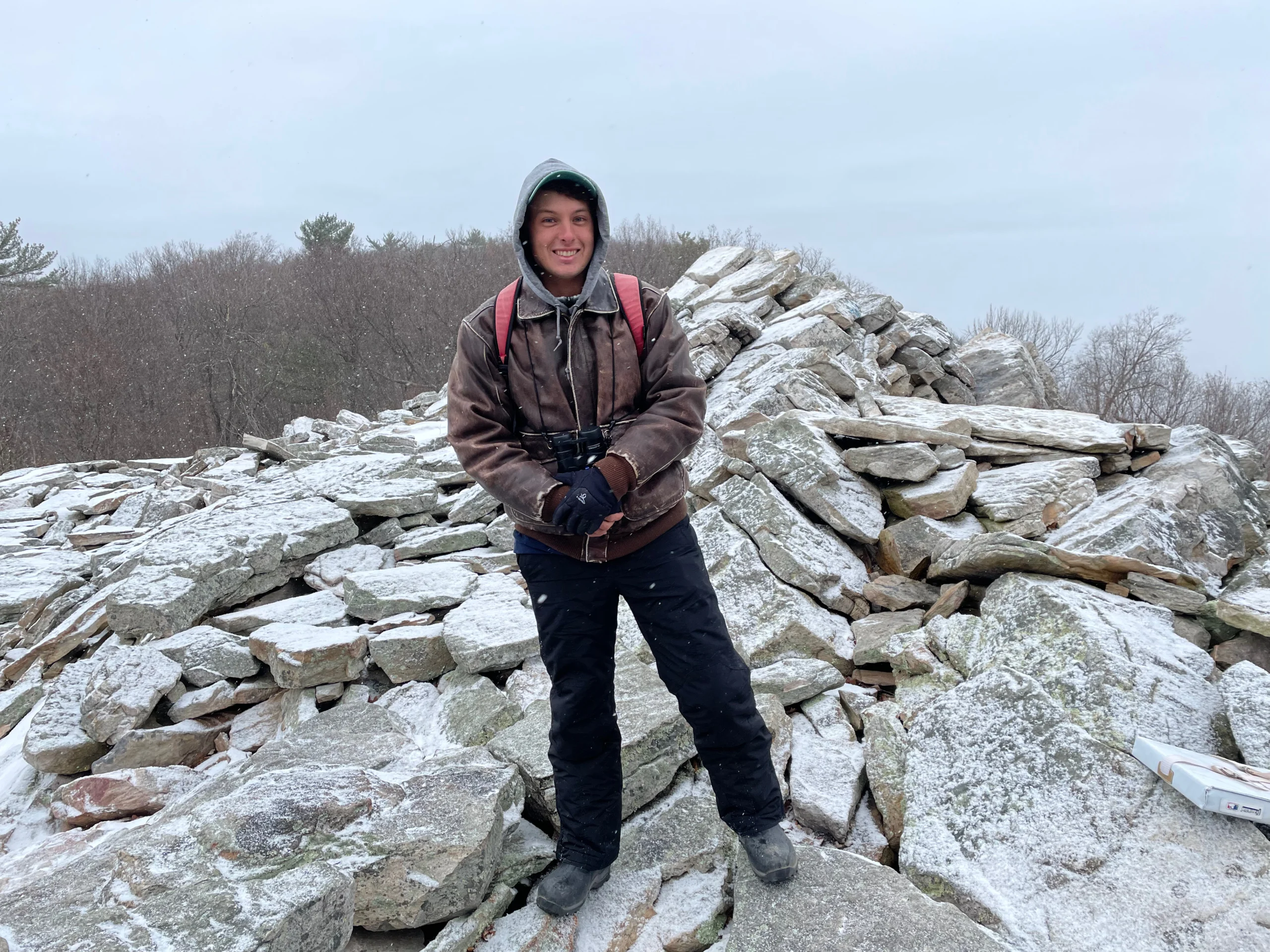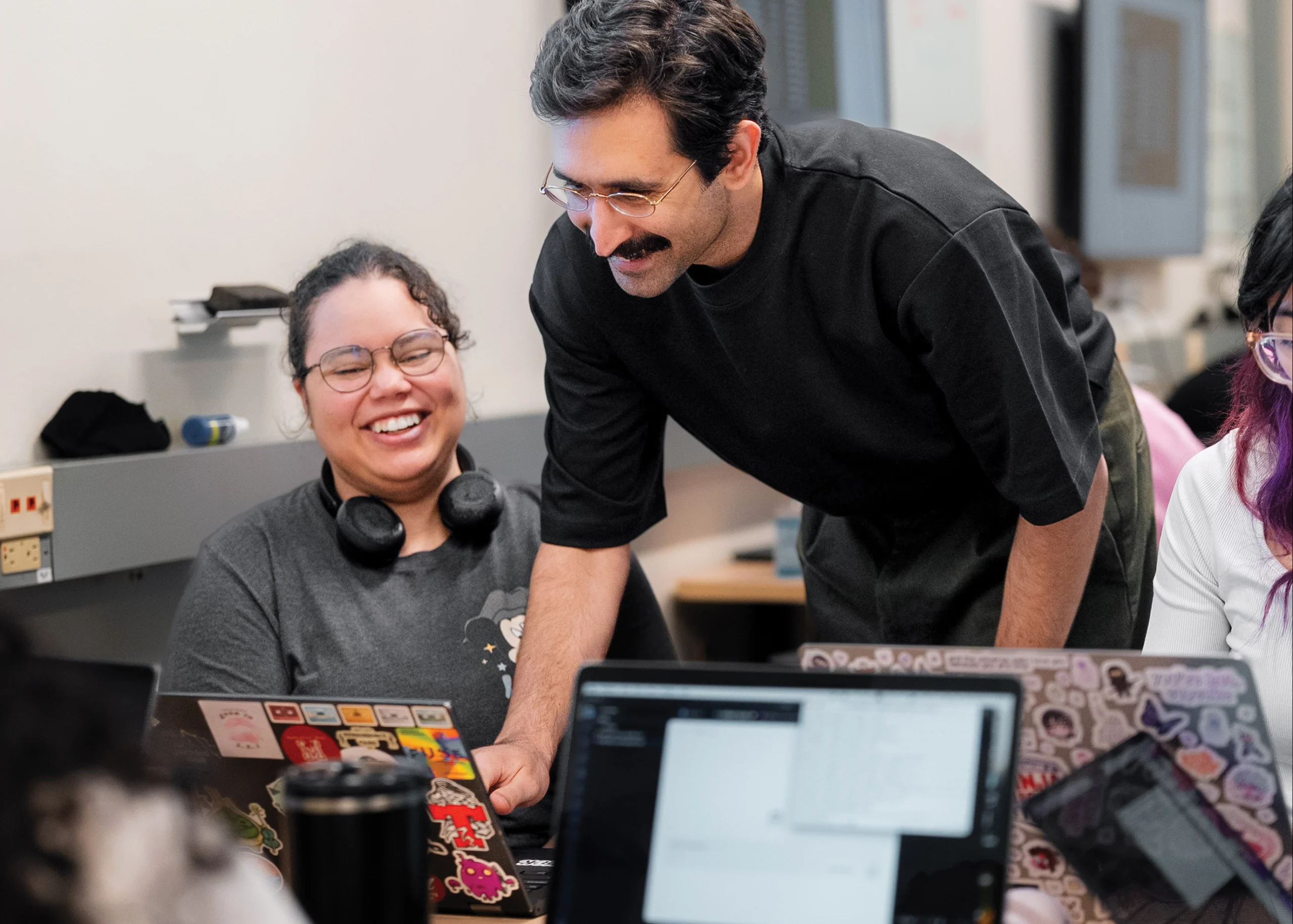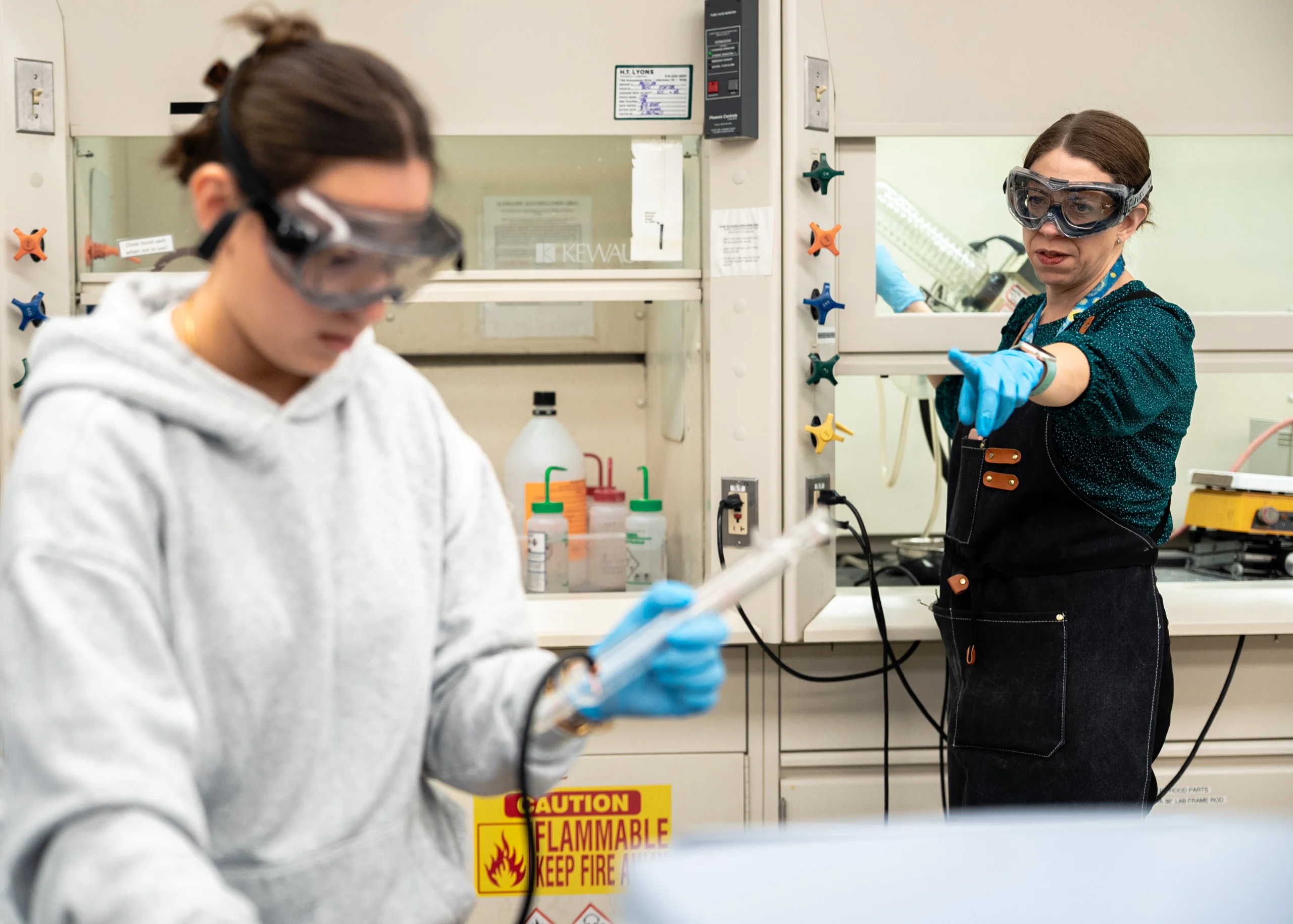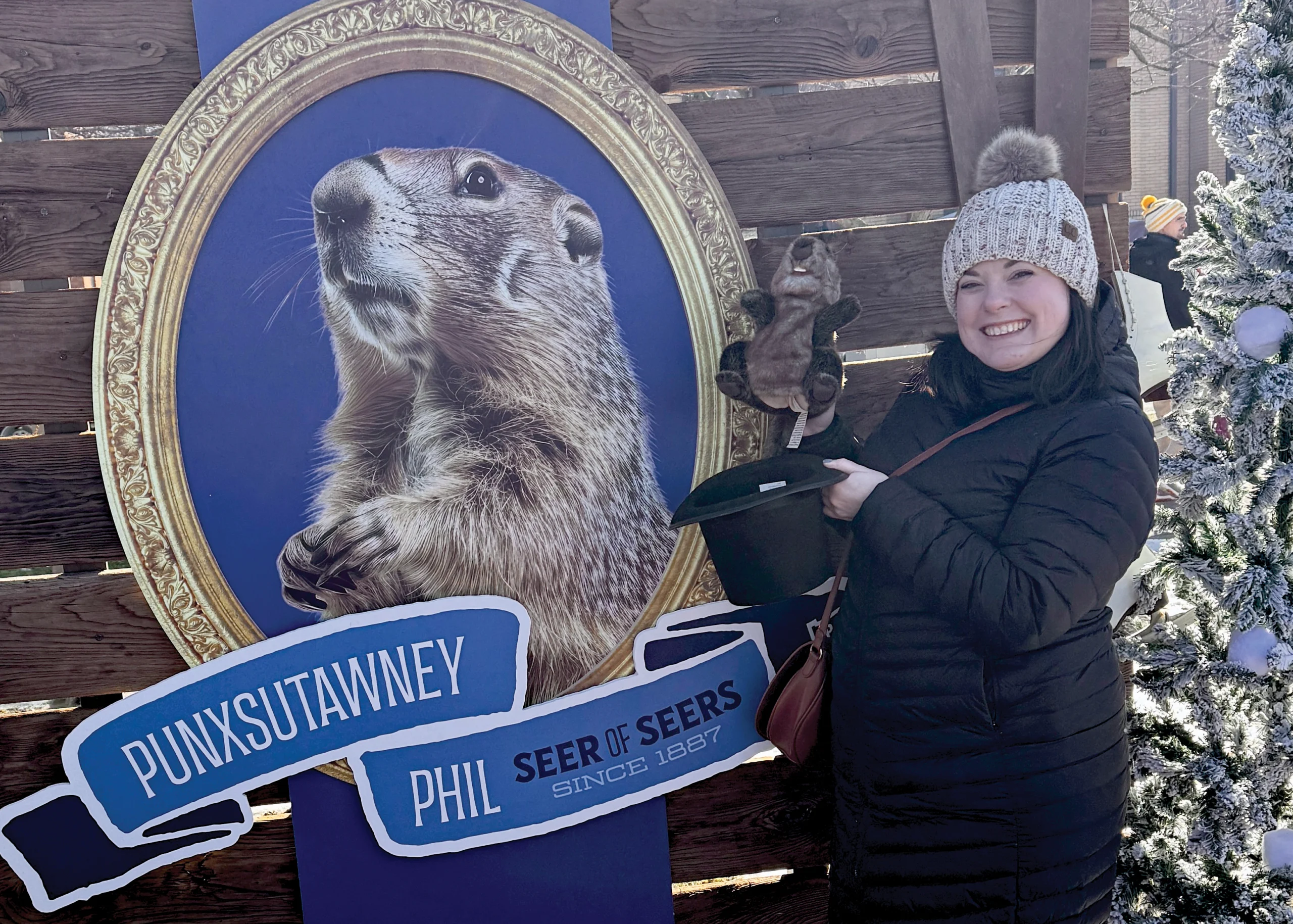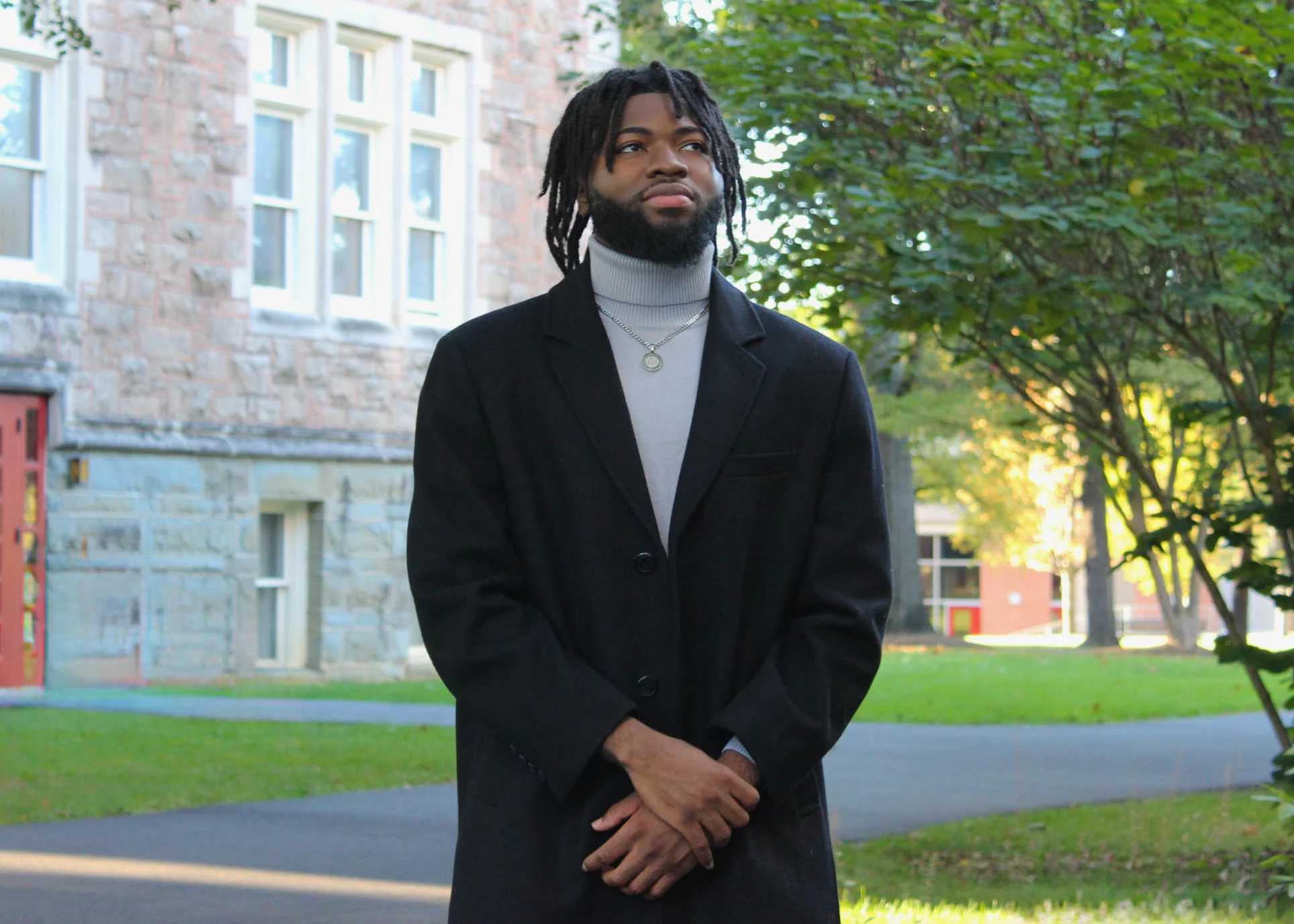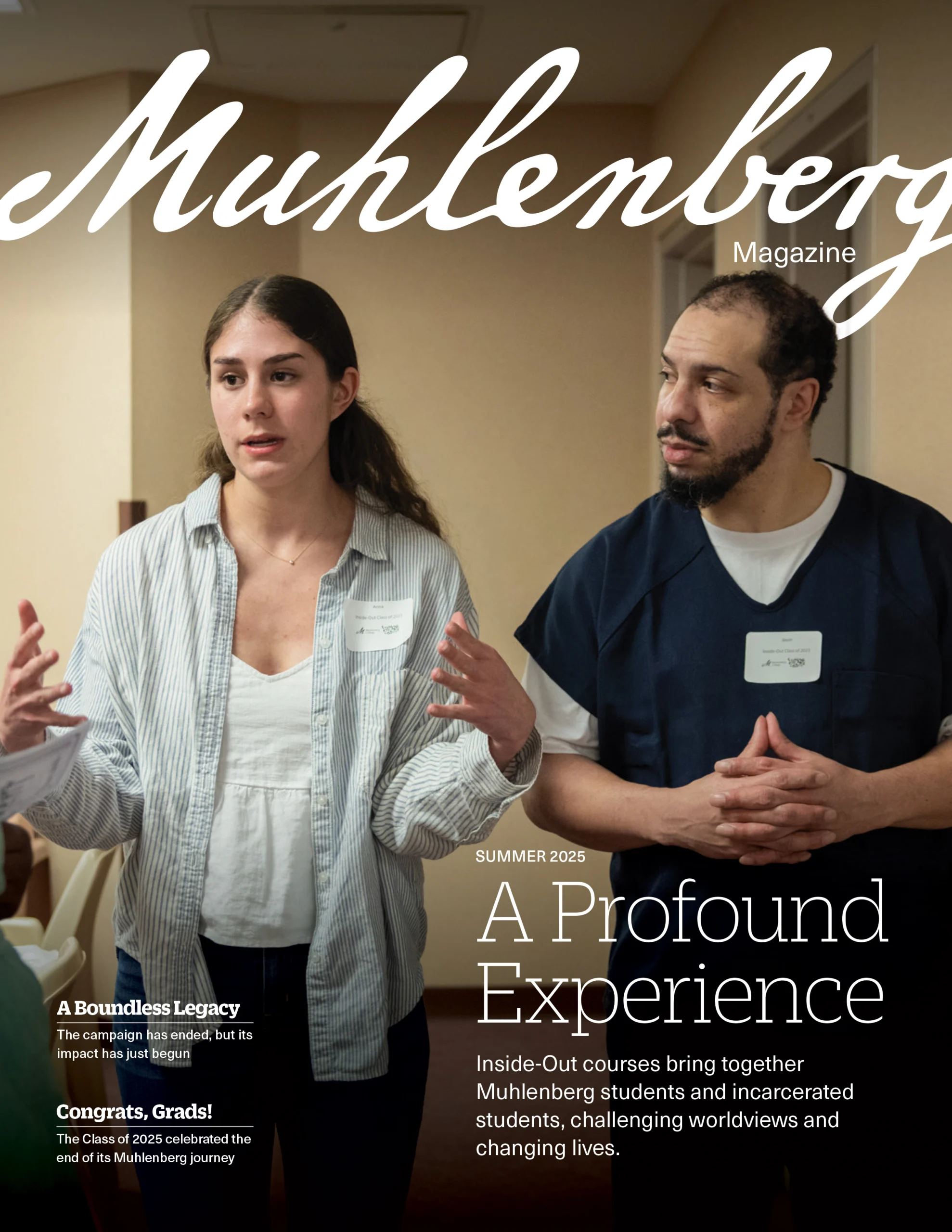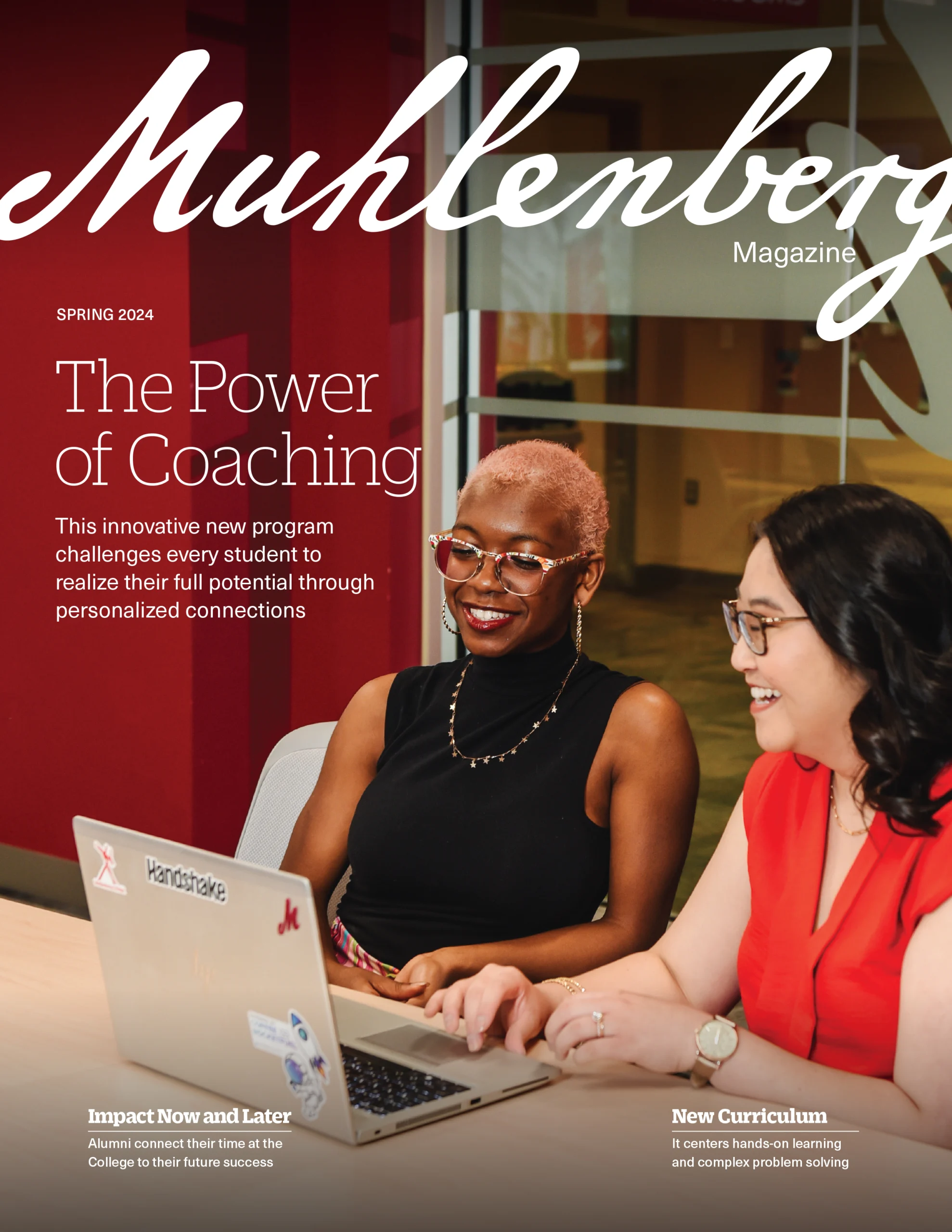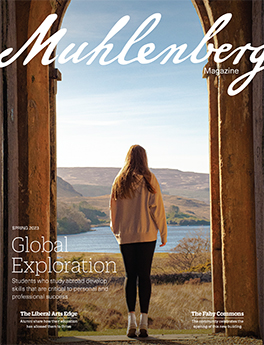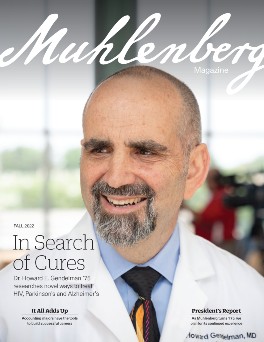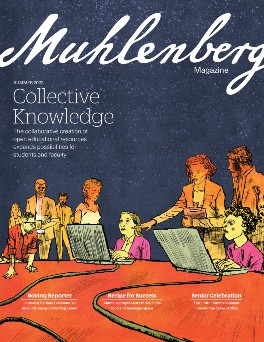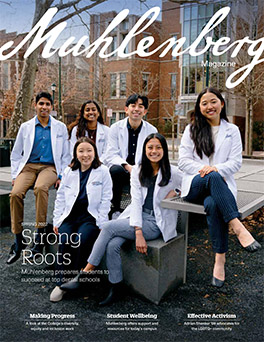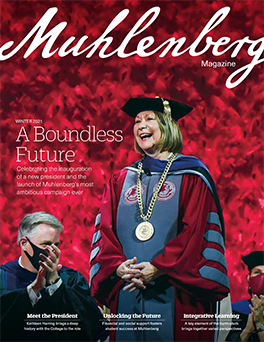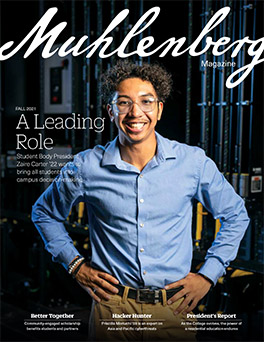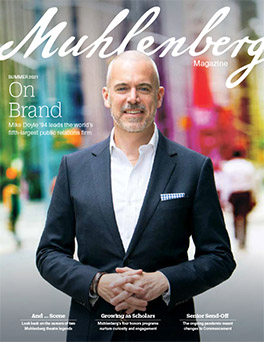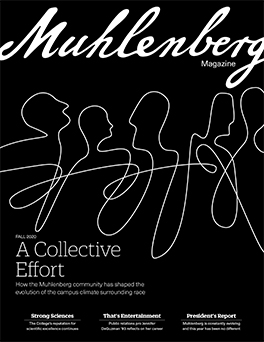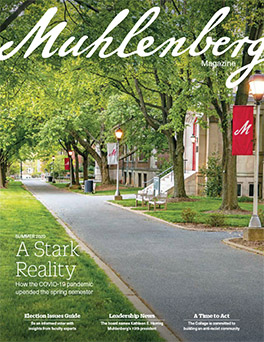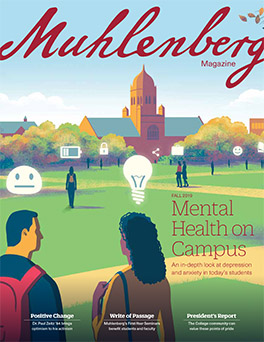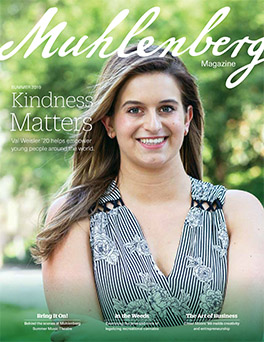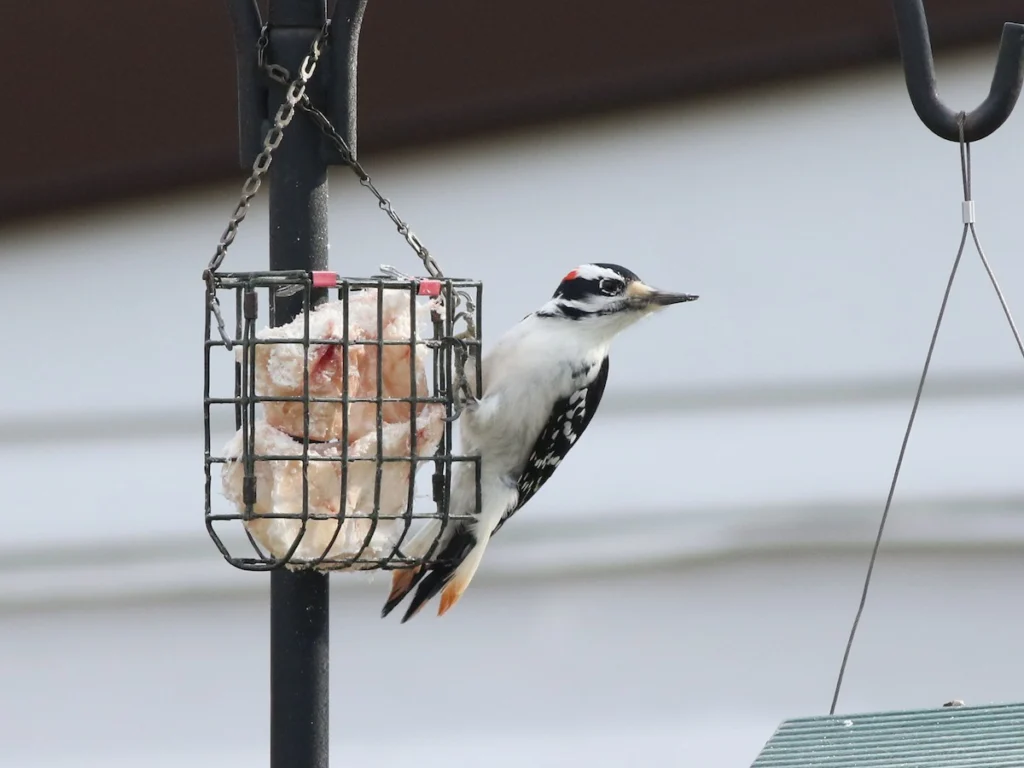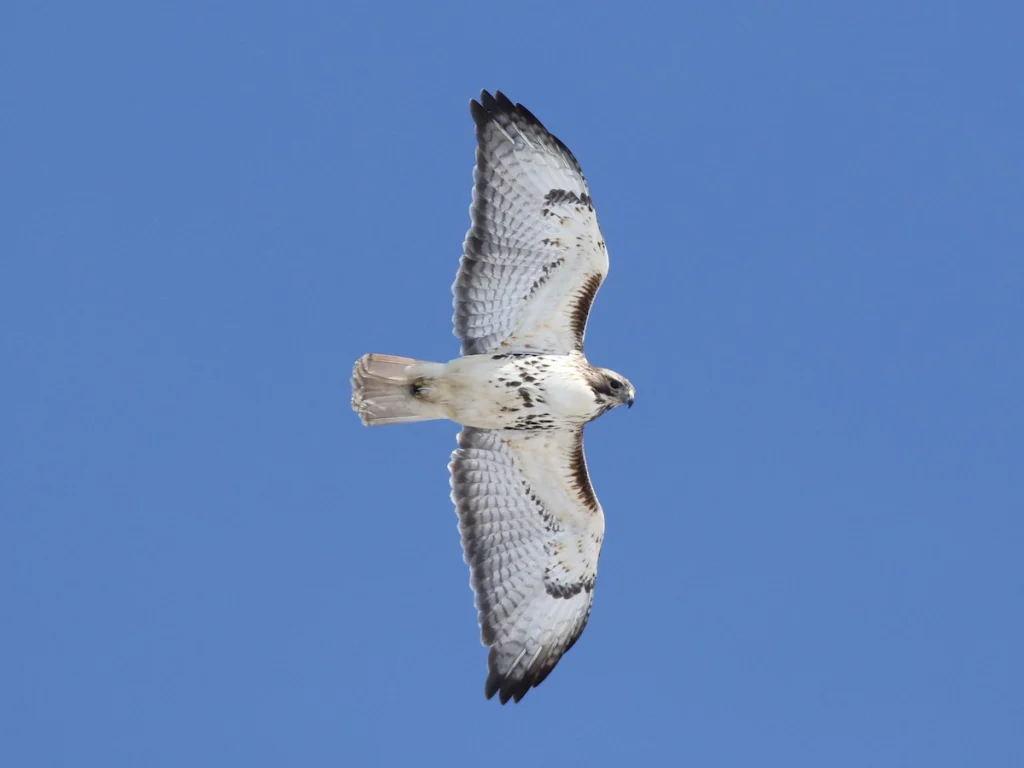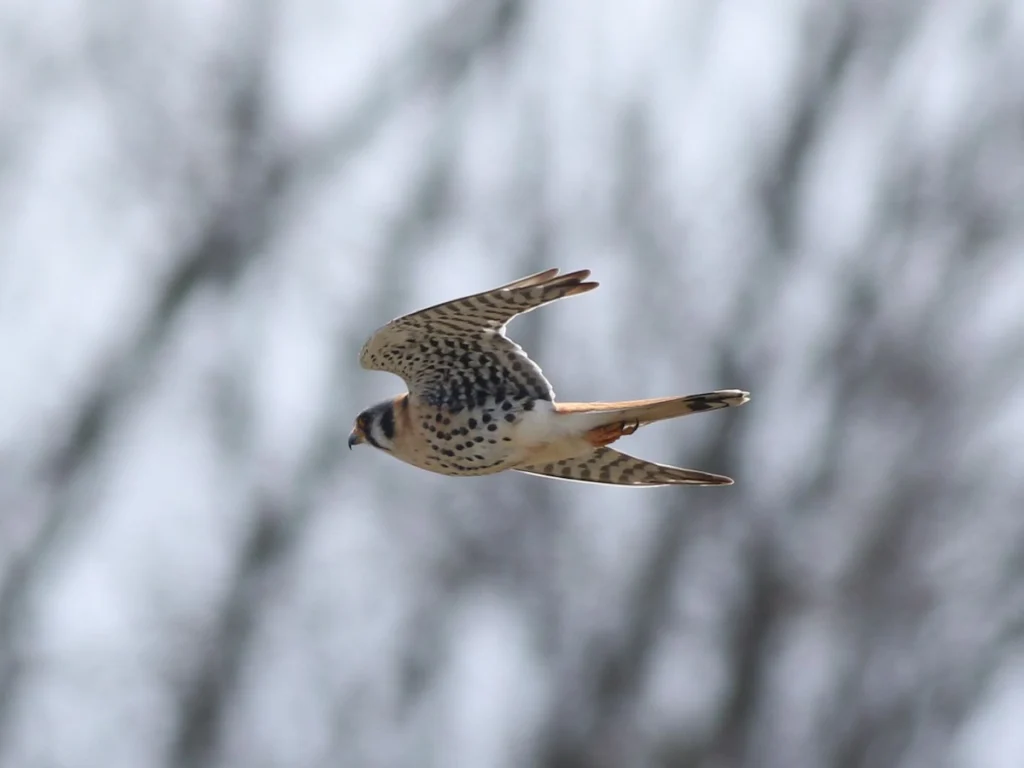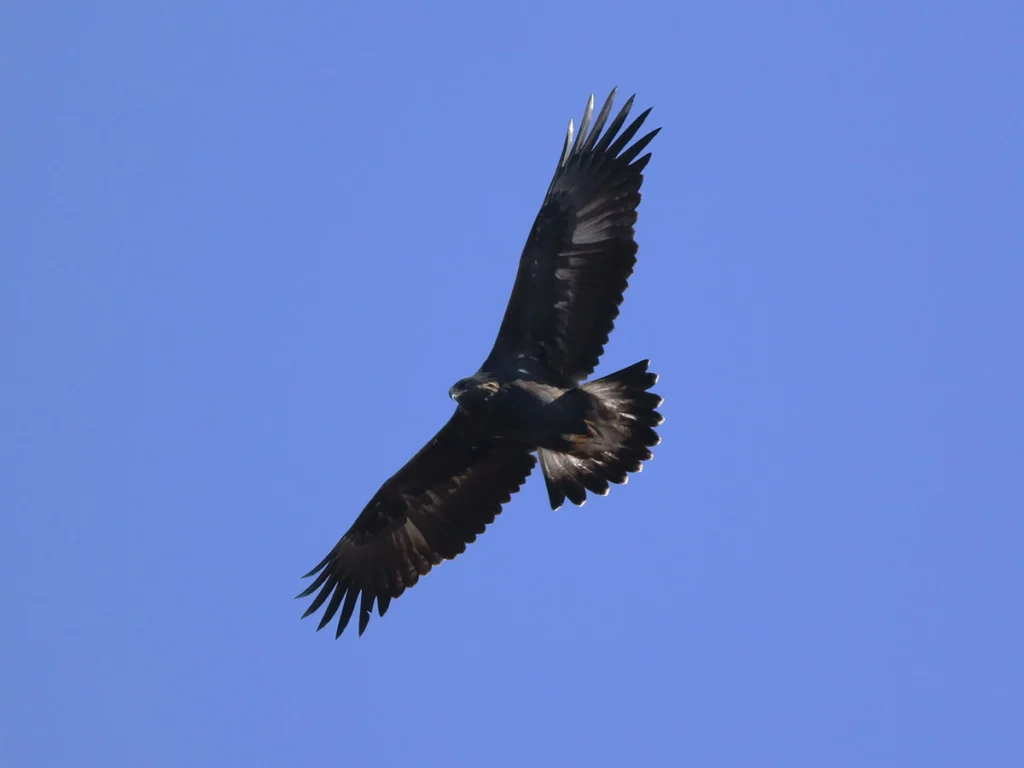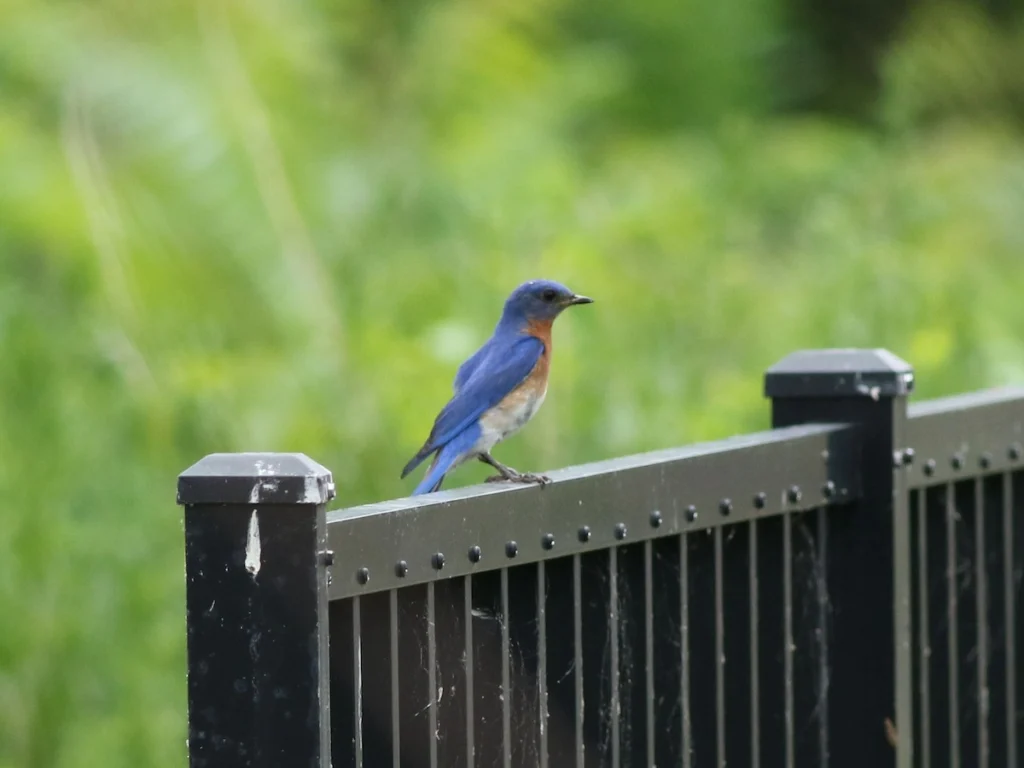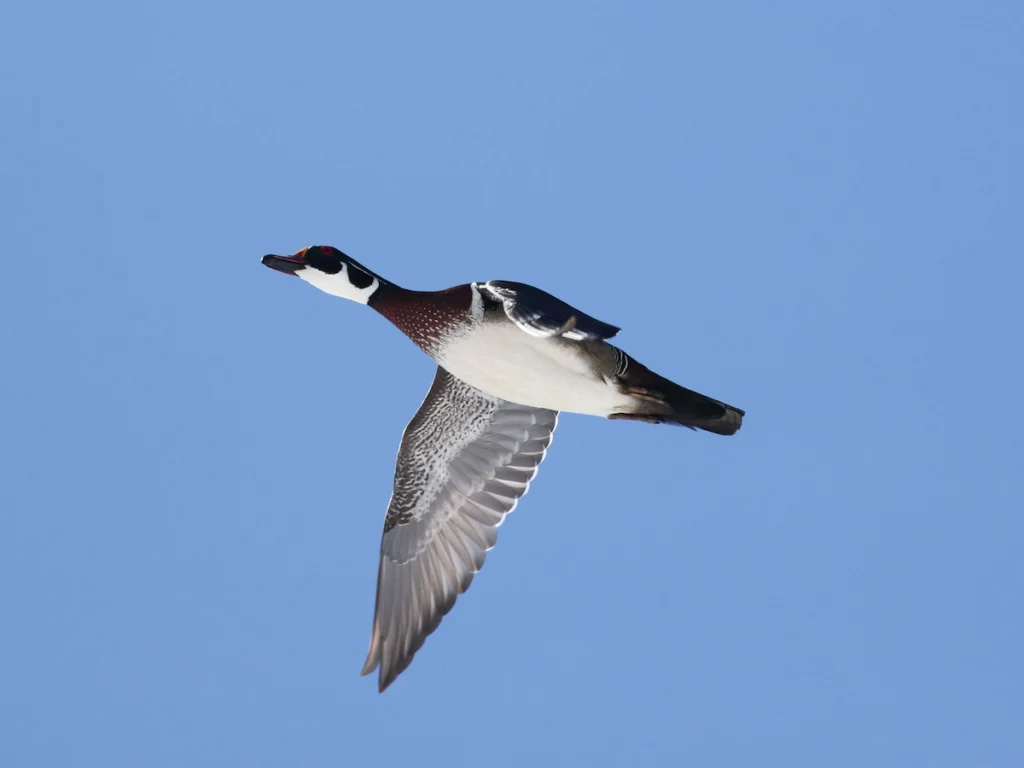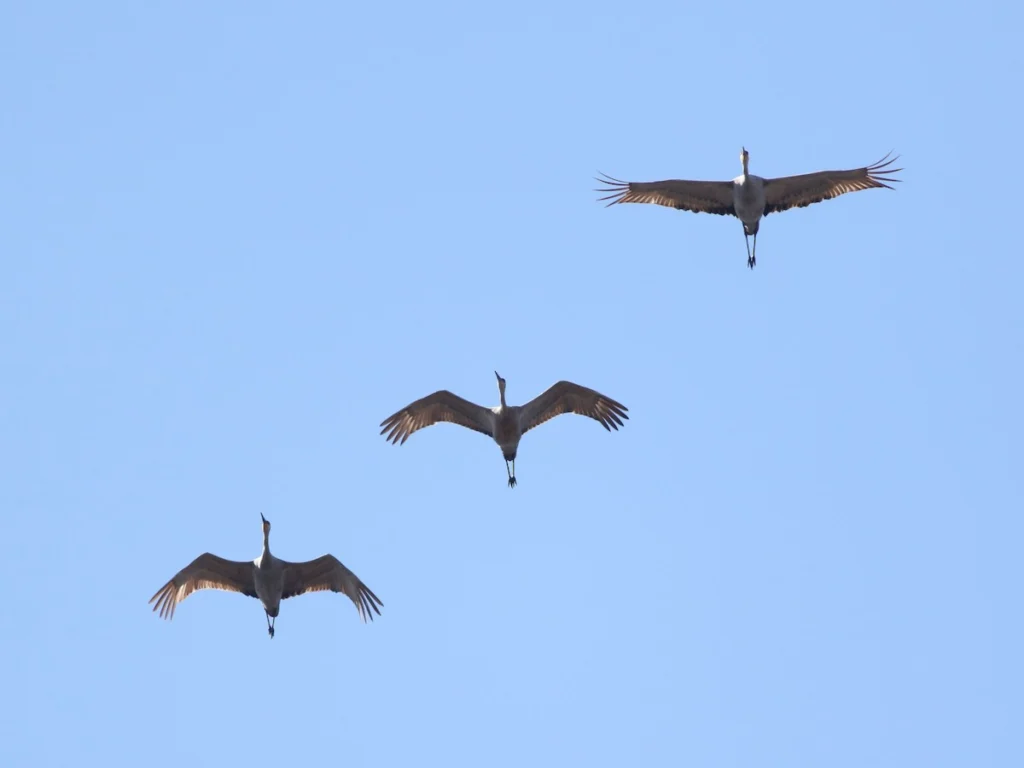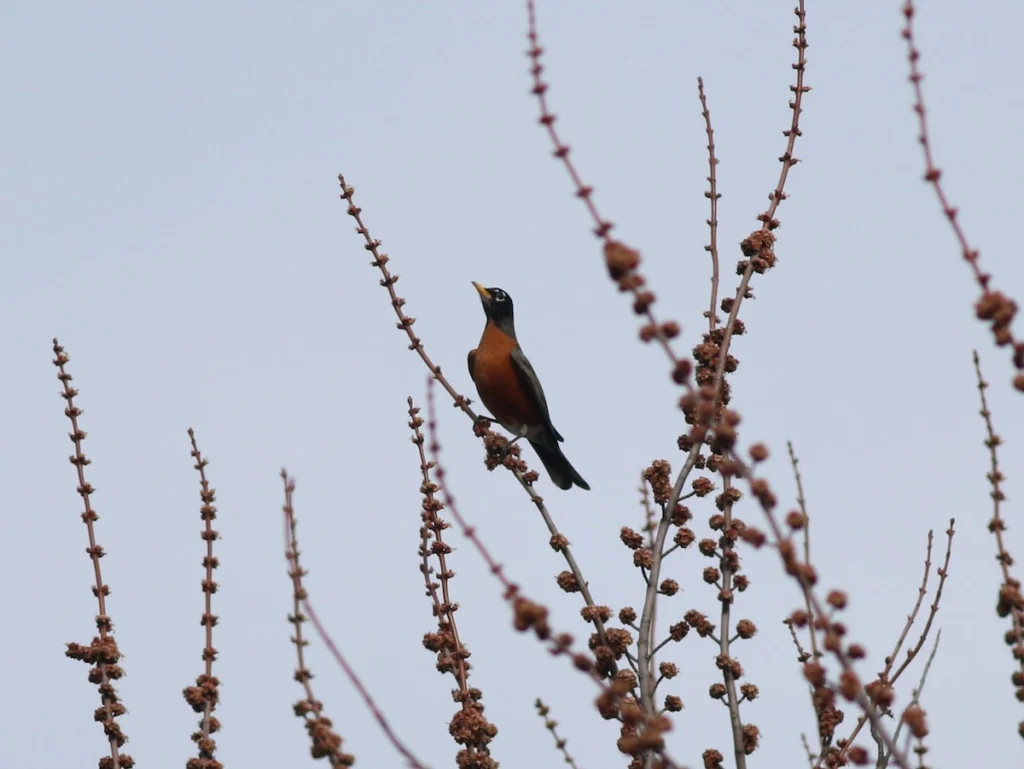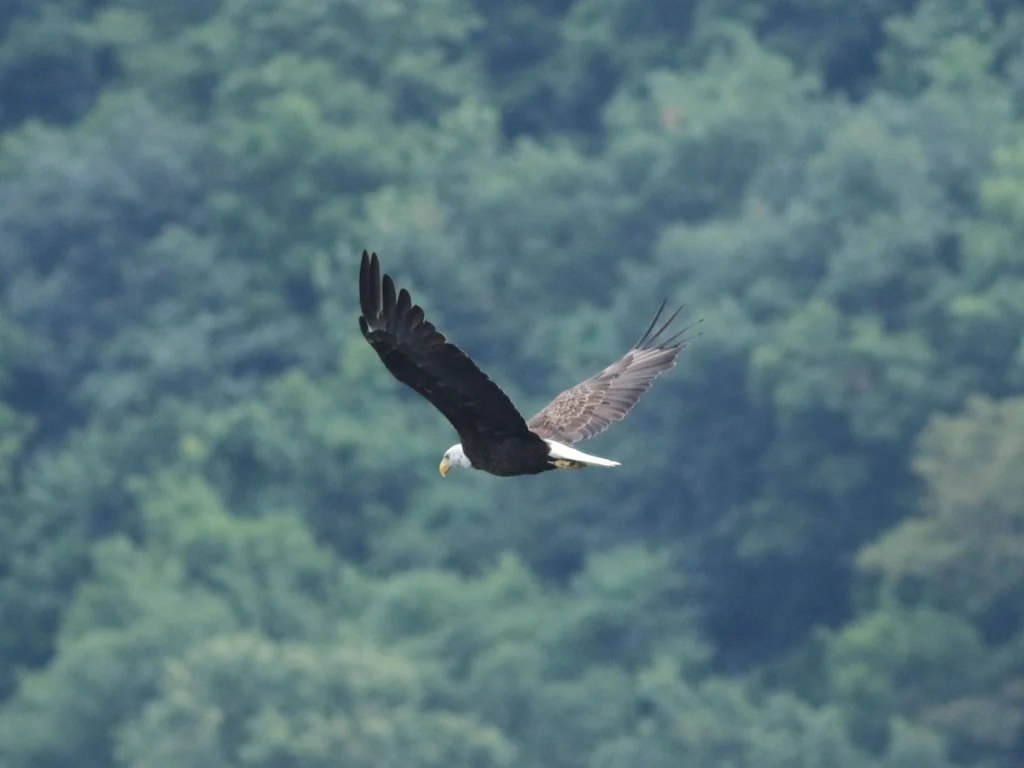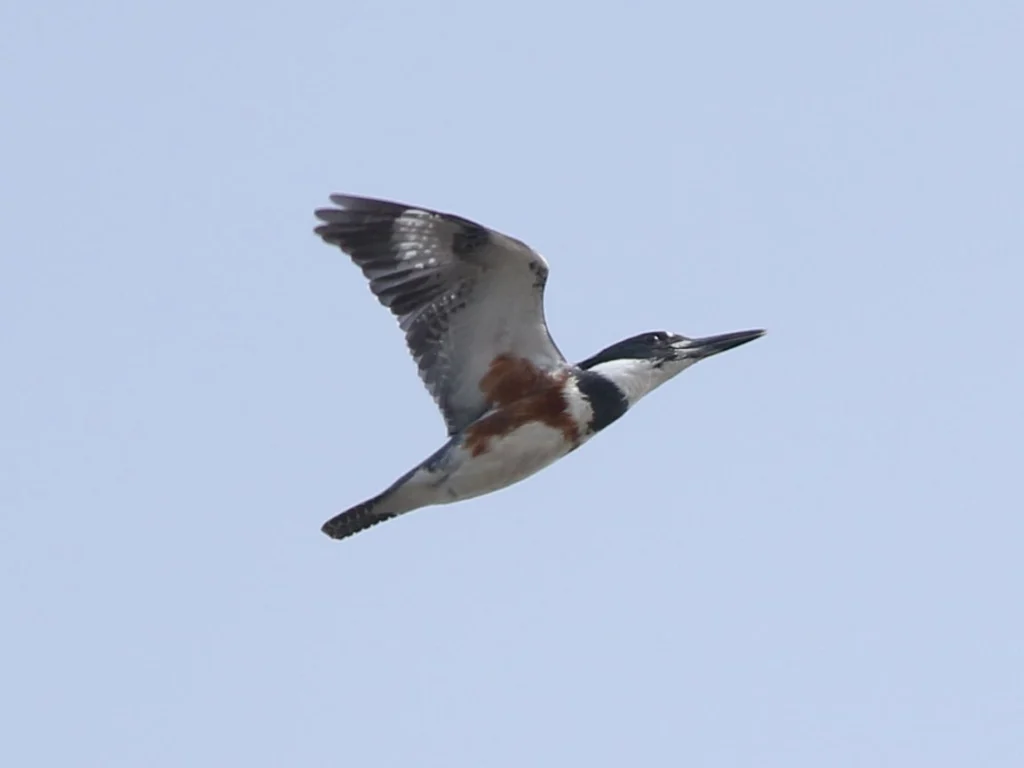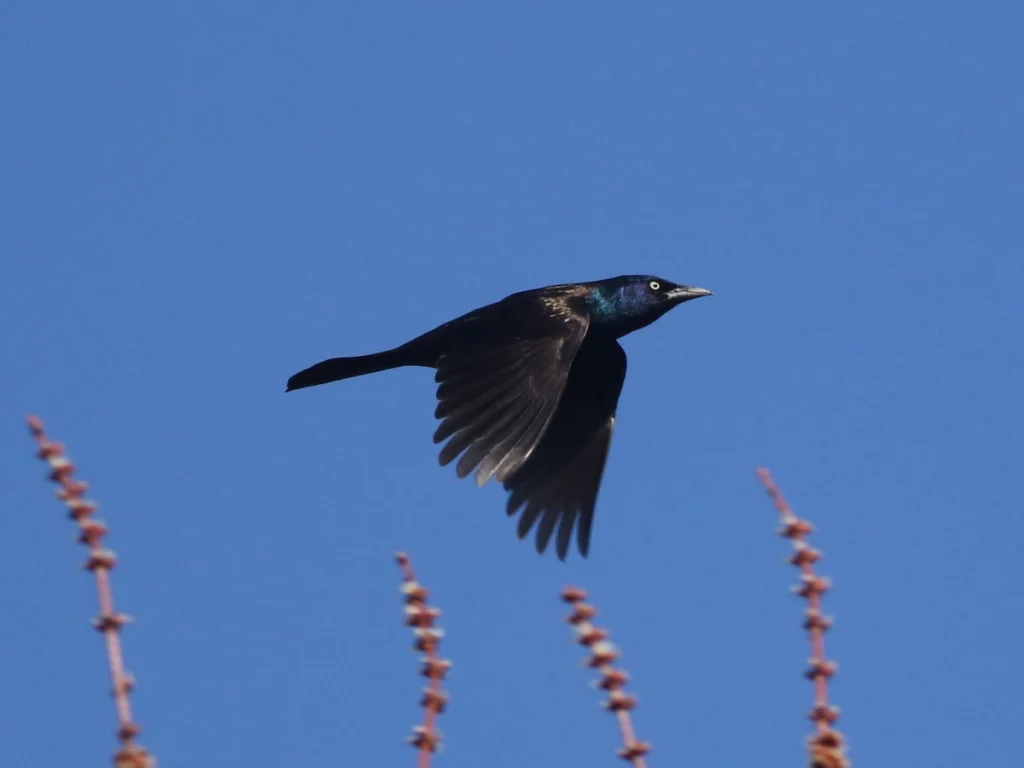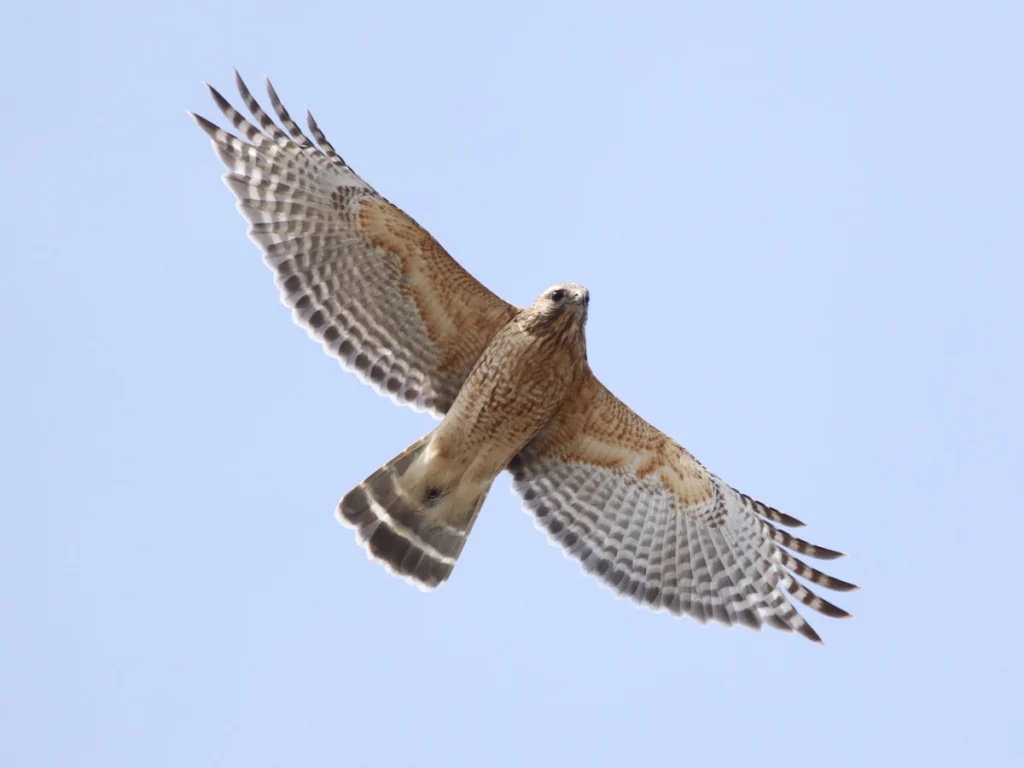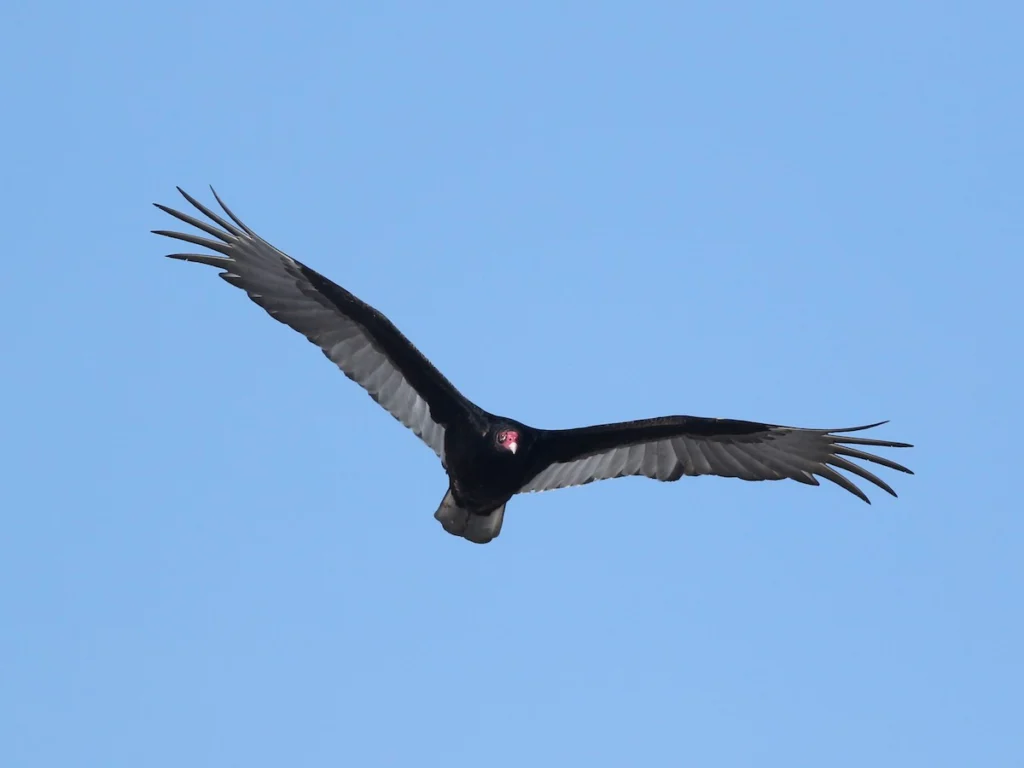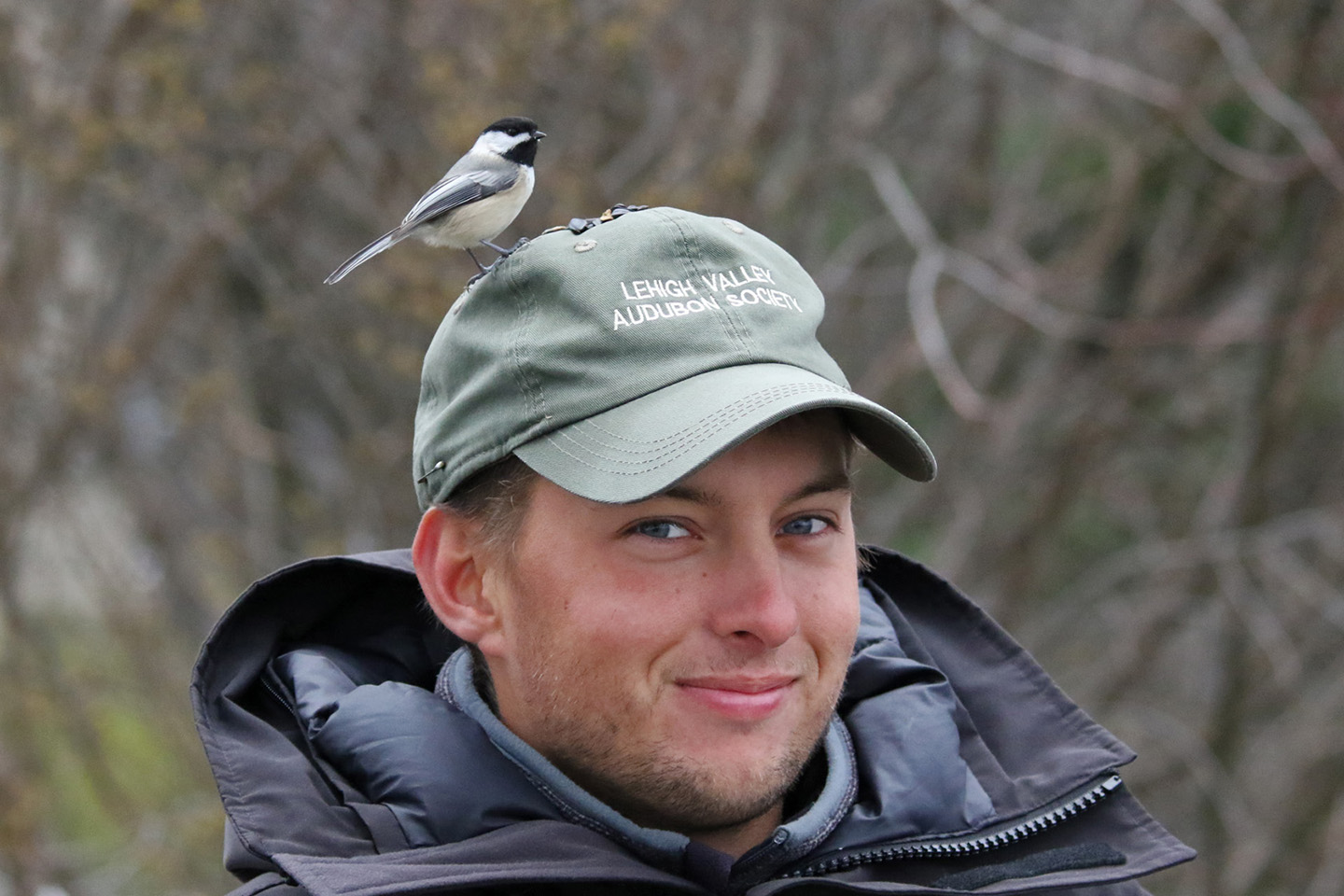
As a Student, Brandon Brogle ’20 Fell in Love With Birds. Now, He’s Trying to Save Them
Brogle continues to work closely with the Acopian Center for Ornithology at Muhlenberg College.
Brandon Brogle’s profession is for the birds — literally. As an undergraduate, Brogle ’20, who studied biology at Muhlenberg, took part in groundbreaking research with the College’s world-renowned Acopian Center for Ornithology.
Today, Brogle, who’s currently an avian field technician with EnviroScience, continues to contribute to the research and says it was a single class that propelled him into the world of birds.
“I’ve always been interested in the natural world,” Brogle, an ornithologist, says. “As a child I really loved reptiles and amphibians.”
But the Field Ecology course he wanted to take during his junior year filled up.
“I took ornithology as a backup. It turned out to be the best happy accident that could have happened,” he says. “Inadvertently, I still studied reptiles in a way. Birds are just the descended form of dinosaurs.”
The then-junior wasted no time taking advantage of all things birds Muhlenberg and the Lehigh Valley had to offer, notably working under Daniel Klem, professor of ornithology and conservation biology, and ornithological specialist Peter Saenger of the Acopian Center.
“Dr. Klem and Peter Saenger’s passion [for birds] was pretty much infectious,” Brogle says. “They’re key players in my network and I’m forever grateful to them as friends and mentors.”
The research with Klem and Saenger focuses on bird deaths due to collisions with windows. Klem is a pioneer in this research, which was recently featured in National Geographic. The team also focuses on testing glass that claims to be bird-friendly (that is, it deters birds from flying into it).
“The research immediately has a real-world application,” Brogle says, noting that the lab tests glass samples and can certify or reject them as bird-friendly.
“Dr. Klem and Peter Saenger’s passion [for birds] was pretty much infectious. They’re key players in my network and I’m forever grateful to them as friends and mentors.”
But it was the Muhlenberg experience as a whole that helped put Brogle on a path toward his passion — and success.
“The school broadly taught me how to become a better scientist and analytical thinker,” he says. “My writing skills have strengthened. More than the subject matter, I was taught how to think properly as a scientist.”
Outside the classroom, he developed leadership skills through joining Zeta Beta Tau, where he eventually served as president.
“[Muhlenberg] broadly taught me how to become a better scientist and analytical thinker. My writing skills have strengthened. More than the subject matter, I was taught how to think properly as a scientist.”
“I learned how to become a team player and accomplish goals with the support of an organization,” he says. “The combination of professional and interpersonal development has made transitioning into the working world and from different seasonal jobs easier and strengthened my core competencies.”
Brogle is currently in Pennsylvania — he tells ornithologist wannabes that they must be prepared to migrate as the birds do — as he prepares to count hawks during their fall migration. (During previous migrations, he’s counted as many as 20,000 of them in a single day.)
“Find the magic wherever you are,” Brogle says. “Wherever you’re living is interesting as long as you can find the interest. You can fall in love with something in your backyard.”
